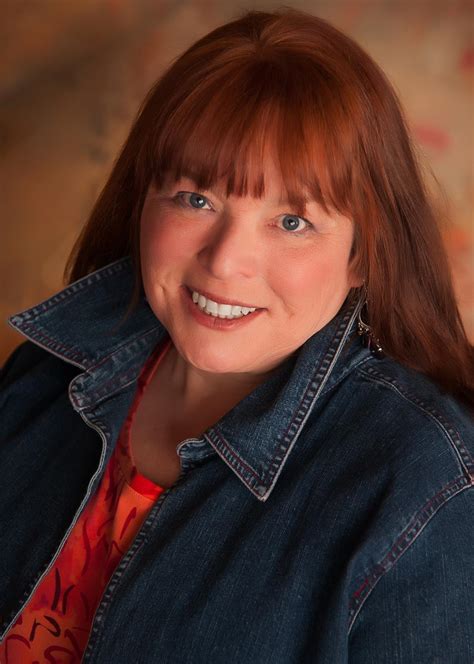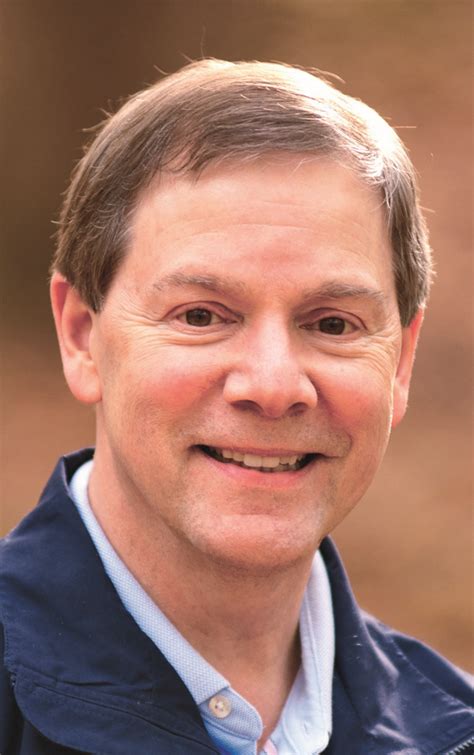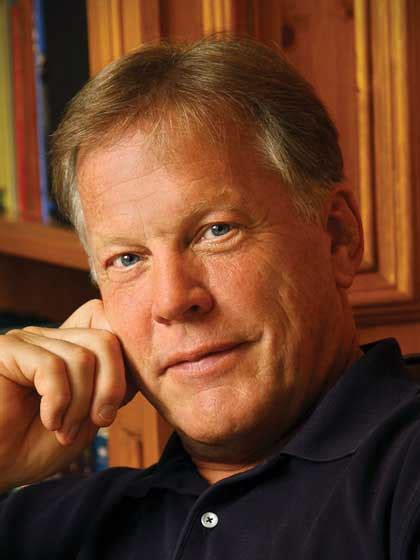A Quote by Tracie Peterson
Often admitting our weakness and fear is the first step to finding rest in God. Our trust in Him isn't conveyed though superhuman confidence as much as it comes in the way of childlike reliance on Him.
Related Quotes
When God tells us to give extravagantly, we can trust Him to do the same in our lives. And this is really the core issue of it all. Do we trust Him? Do we trust Jesus when He tells us to give radically for the sake of the poor? Do we trust Him to provide for us when we begin using the resources He has given us to provide for others? Do we trust Him to know what is best for our lives, our families, and our financial futures?
Trusting God means transferring our confidence and hope from ourselves to him, acknowledging that we have no ability in ourselves to live in a way that pleases him. Only he can change us by the power of his Spirit in us. This trust is manifested in a context of obedience in our lives to the biblical mandates God calls us to pursue. Training means acting upon that trust by doing things that help us rely upon God more and live out his desire for us.
Our evangelical culture tends to take the awesome reality of a transcendent god who is worthy to be feared and downsize Him so He could fit into our "buddy system." The way we talk about Him, the way we pray, and, more strikingly, the way we live shows that we have somehow lost our sense of being appropriately awestruck in the presence of a holy and all-powerful God. It's been a long time since we've heard a good sermon on the "fear of God." If God were to show up visibly, many of us think we'd run up to Him and high-five Him for the good things He has done.
Why is fear part of earth life? Perhaps our Heavenly Father’s greatest hope is that through our fears we may choose to turn to Him. The uncertainties of earth life can help to remind each of us that we are dependent on Him. But that reminder is not automatic. It involves our agency. We must choose to take our fears to Him, choose to trust Him, and choose to allow Him to direct us. We must make these choices when what we feel most inclined to do is to rely more and more on our own frantic and often distorted thinking.
As the strongest faith may be shaken, so the weakest, where truth is, is so far rooted that it will prevail. Weakness with watchfulness will stand, when strength with too much confidence fails. Weakness, with acknowledgement of it, is the fittest seat and subject for God to perfect His strength in; for consciousness of our infirmities drives us out of ourselves to Him in whom our strength lies.
The prevailing idea seems to be, that I come to God and ask Him for something that I want, and that I expect Him to give me that which I have asked. But this is a most dishonouring and degrading conception. The popular belief reduces God to a servant, our servant: doing our bidding, performing our pleasure, granting our desires. No, prayer is a coming to God, telling Him my need, committing my way unto the Lord, and leaving Him to deal with it as seemeth Him best.
God's love never ceases. Never. Though we spurn him. Ignore him. Reject him. Despise him. Disobey him. He will not change. Our evil cannot diminish his love. Our goodness cannot increase it. Our faith does not earn it any more than our stupidity jeopardizes it. God doesn't love us less if we fail or more if we succeed. God's love never ceases.
Do not we rest in our day too much on the arm of flesh? Cannot the same wonders be done now as of old? Do not the eyes of the Lord still run to and fro throughout the whole earth to show Himself strong on behalf of those who put their trust in Him? Oh, that God would give me more practical faith in Him! Where is now the Lord God of Elijah? He is waiting for Elijah to call on Him.



































